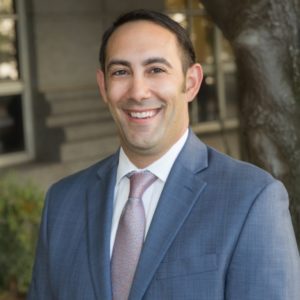
 How do LGBTQ+ and allies celebrate gender and sexual diversity in a pandemic, without a parade? This year we still danced, sang, laughed, dressed up, and communed. And we offered a robust calendar of virtual speakers and discussions for Pride.
How do LGBTQ+ and allies celebrate gender and sexual diversity in a pandemic, without a parade? This year we still danced, sang, laughed, dressed up, and communed. And we offered a robust calendar of virtual speakers and discussions for Pride.
LGBTQ+ (lesbian, gay, bisexual, transgender, queer, plus additional identities) people have been reclaiming negative and inflammatory images and terms for centuries. With determination and defiance, we have turned what has been intended to harm into a badge of pride. For example, the pink triangle that identified gay men in concentration camps and even using the word queer have been reclaimed to demonstrate being “out and proud.”
Do you know who the #ProudBoys are? No, not the white supremacist group that the ADL has described as misogynistic, Islamophobic, transphobic, and anti-immigration with some members having anti-Semitic ideologies. Recently, LGBTQ+ Twitter users and their allies have claimed hashtag #ProudBoys to reframe the Twitter handle as proud gay men loving each other — sharing pictures of men loving each other in response to hateful rhetoric.
Did you know that there are six genders cited hundreds of times in Jewish oral commentaries? One variation is tum tum, a person whose sex is unknown because their genitalia is either covered or hidden. In modern Hebrew, tum tum means “stupid idiot.” SOJOURN has formed a teen group that intentionally chose the name Tum Tum. These youth weren’t going to allow language to tarnish a sacred identity.
Though Pride weekend is over, Pride month continues in Atlanta with lots of ways to celebrate gender and sexual diversity. Visit Atlanta Pride and SOJOURN to more about ongoing activities for the LGBTQ community and its allies.
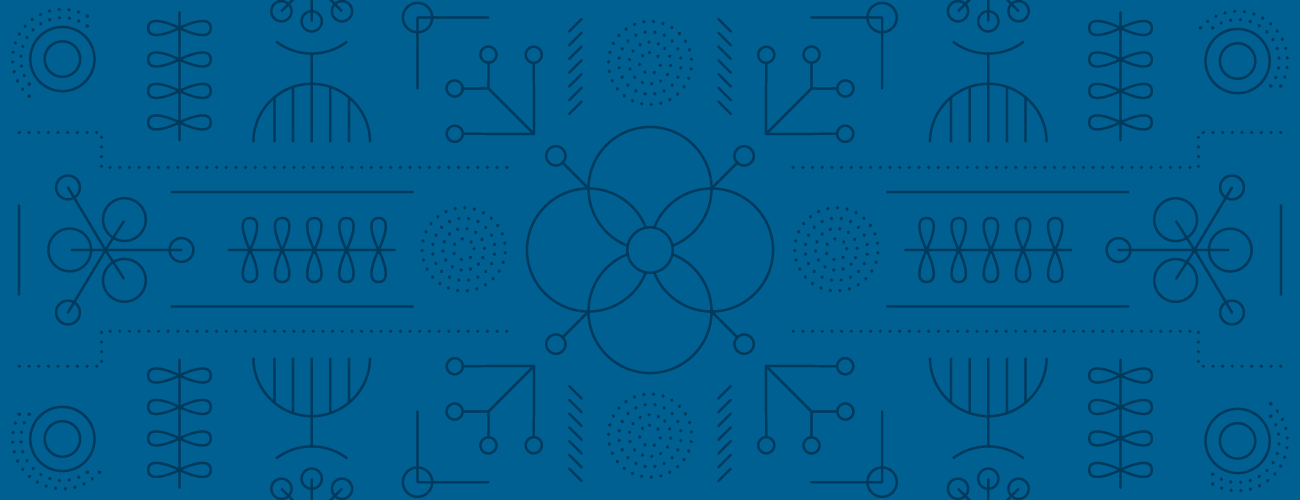
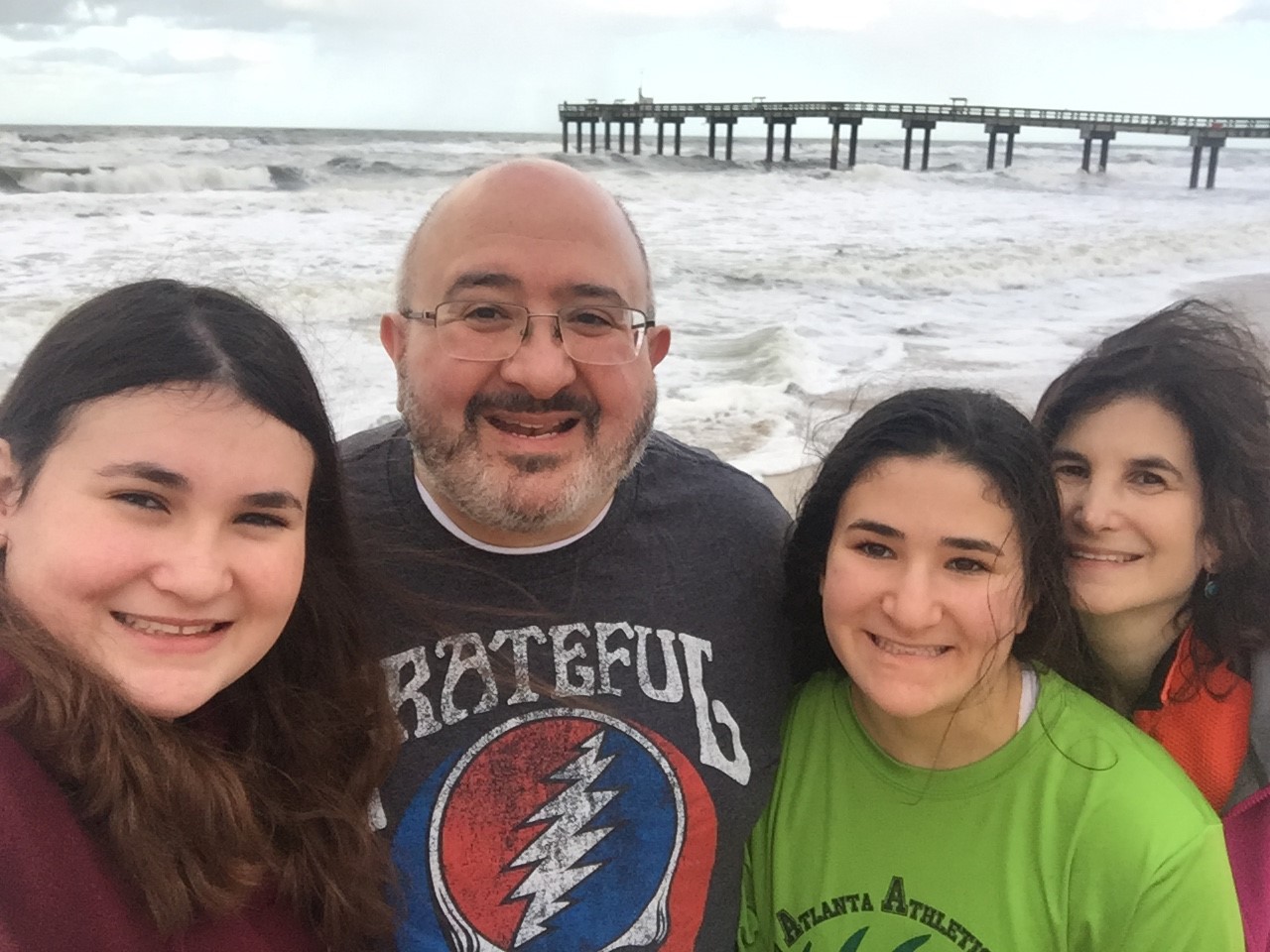
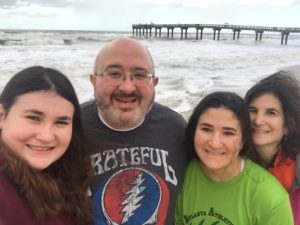
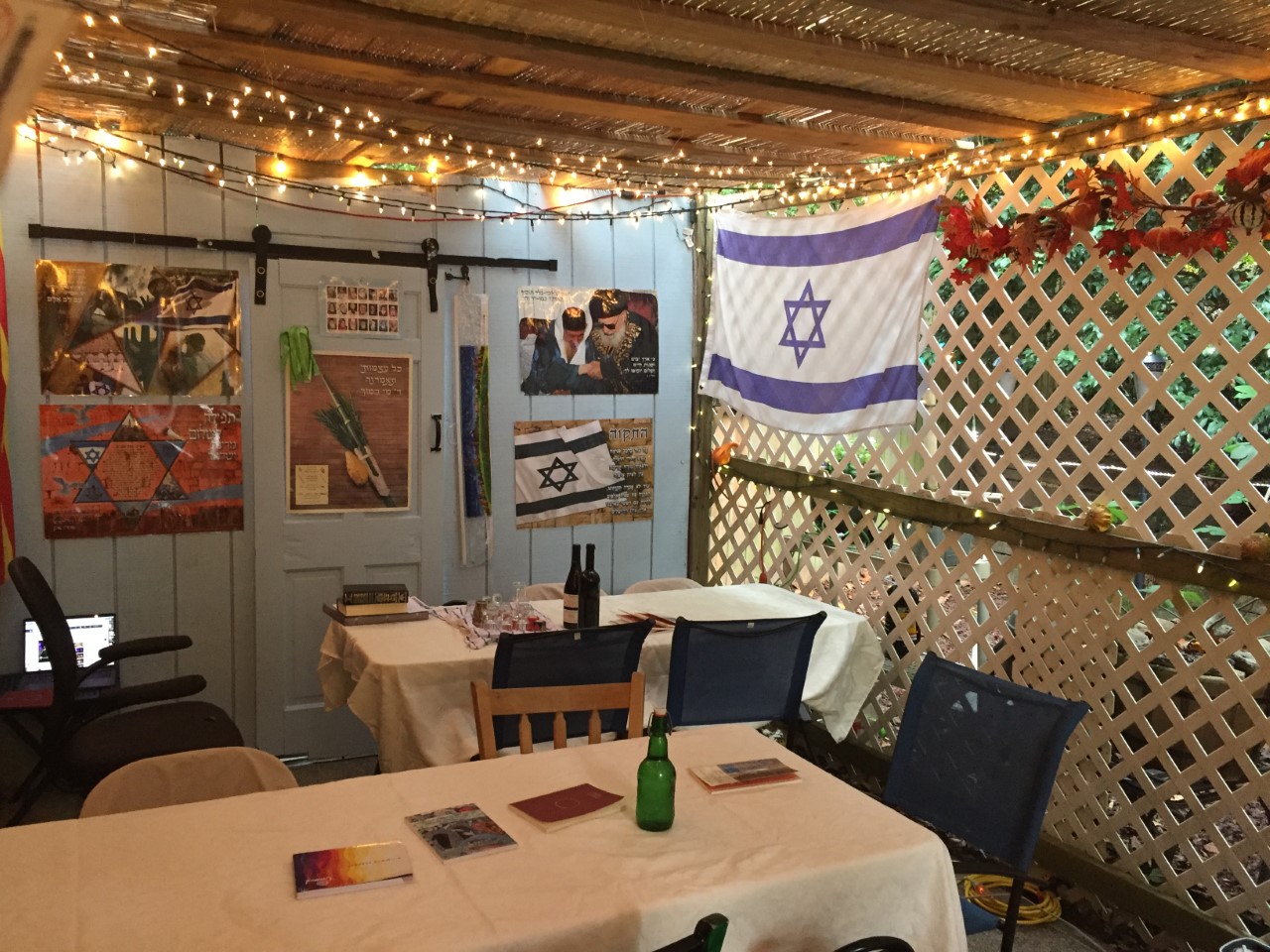
 Sukkot inTime of Distance
Sukkot inTime of Distance
 Chef, writer, and cooking instructor Susan Barocas lives in Washington, DC where she is well known for teaching about Sephardic foodways — and the fact that she served as guest chef for three Passover seders at the White House for the Obamas! Susan is also beloved in Atlanta where she was a presenter at Limmud, cooked with Chef Todd Ginsberg, and spent time visiting Congregation Or Ve Shalom’s legendary boureka makers. We wanted to share her recipe for Tishpishti, a Sephardic honey cake that is perfect for Sukkot, October 3-9.
Chef, writer, and cooking instructor Susan Barocas lives in Washington, DC where she is well known for teaching about Sephardic foodways — and the fact that she served as guest chef for three Passover seders at the White House for the Obamas! Susan is also beloved in Atlanta where she was a presenter at Limmud, cooked with Chef Todd Ginsberg, and spent time visiting Congregation Or Ve Shalom’s legendary boureka makers. We wanted to share her recipe for Tishpishti, a Sephardic honey cake that is perfect for Sukkot, October 3-9.
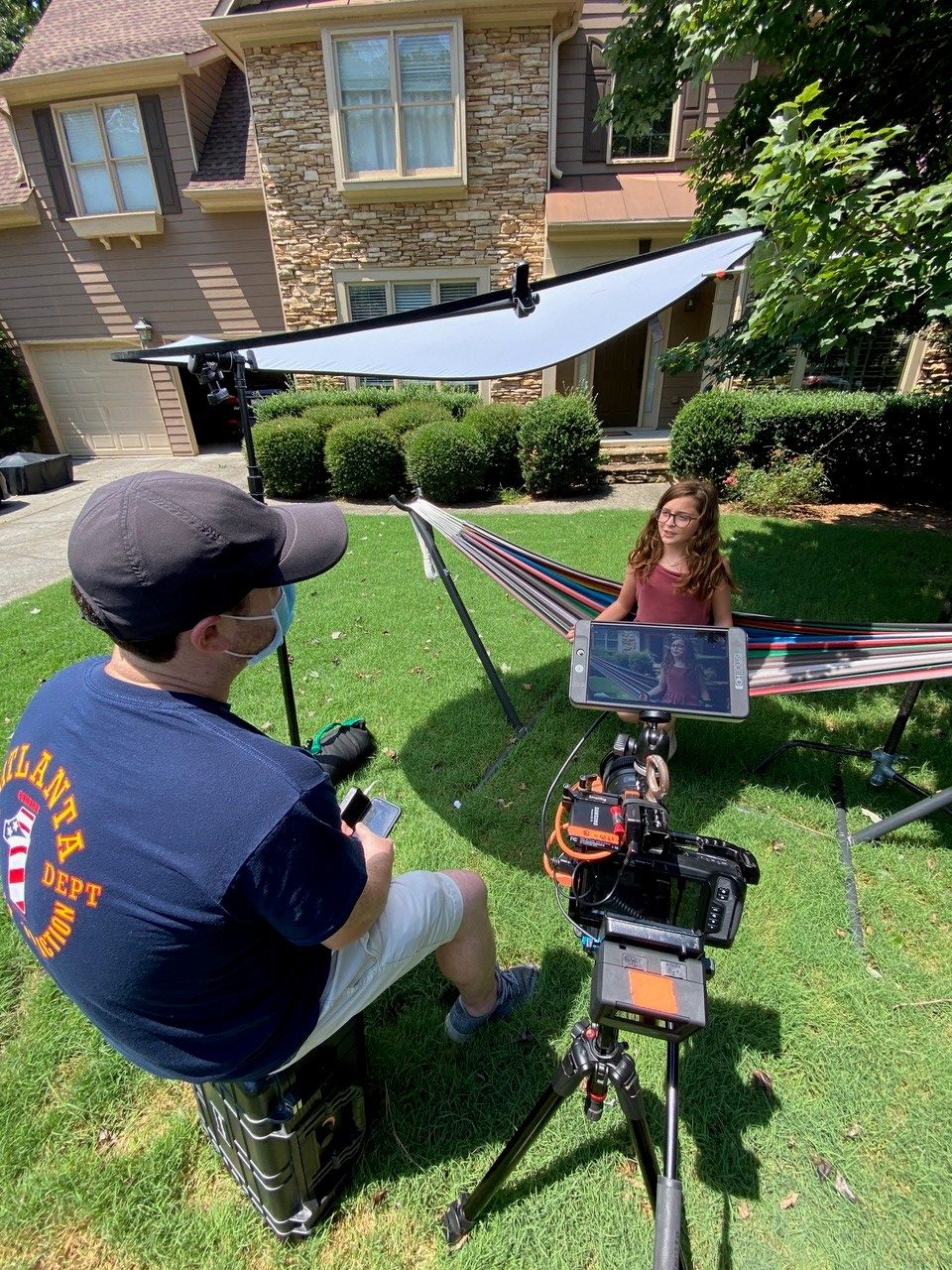
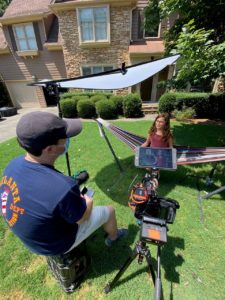 D
D